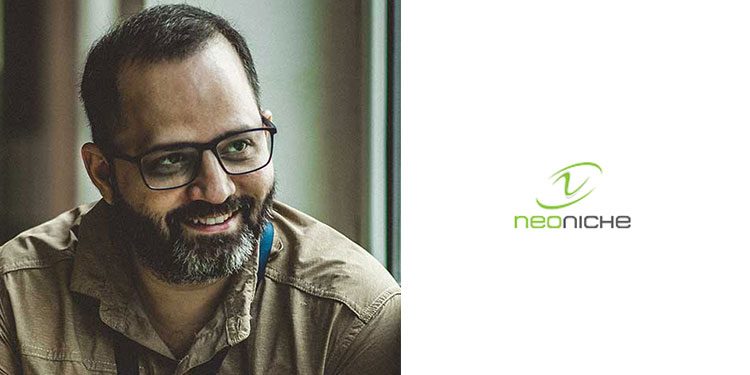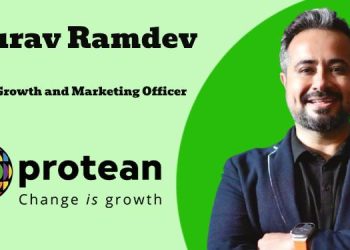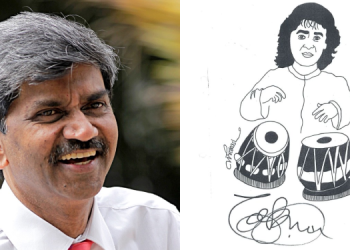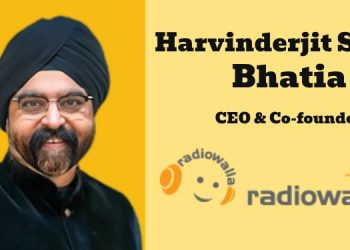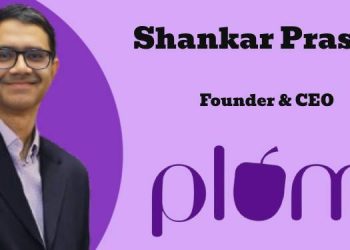My daughter was pestering me for a movie. The movie is only in theatres. After hours of debate, with a thin chance of her to see the movie online, finally, the tickets were booked. It took some time for me to register that the clever use of ‘scarcity’and my daughter’s FOMO, as an emotional trigger,that made me buy tickets of a Korean movie on K Pop band. I am still recovering.
The use of psychological tools in marketing is very old. The whole premises of ‘understanding of consumer behaviour and decision making’ is based on psychology. Throughout modern history, great leaders and not so great ones, have used mass psychology to their advantage. So, has marketing. And continue to do so.
We, psychologically, tend to trust those like us. This becomes the consumer behaviour of having an affinity towards brands that are like ‘me’ or ‘my value system’ or ‘understands me’. I quizzed my daughter on what she likes about the KPop band. She said she could relate to their song themes – about love, belief, and faith in self. Brands that are ‘Distinct yet Relatable’ are most likely to get cult-like love from consumers. Marketers often explore this aspect of human psychology to present a brand image that stands out and yet connect-online and offline.
Most of have seen ‘more than 5M views’ on the video’s description on YouTube and reading that we, subconsciously, have hit the play button. This is the principle of social proof in action. Another example is ‘User rating or review’ – what we check on sites like Netflix, IMDb or even at Google Play Store – before we click on that buy/watch or install button. It is due to our inherent instinct to trust the ‘wisdom of the crowd’. Dr. Robert Cialdini in his book ‘Influence’ mentions how we act like action done by those we trust or like or admire-friends, family, an expert or wisdom of the crowd. This principle is what makes us believe or act on recommendations by friends and family. Word of mouth marketing is powered by this psychology.Influencers and celebrities’ power to influence are this psychological principle in action.
Principle of Reciprocity is a proven psychology behind certain purchase decision. This principle is simple – we are wired to reciprocate the good. So, if we get something good for free before purchase, as consumers, we feel ‘bound’ to give something back to the ‘brand’.
I experienced this when I started attending ‘free’ online classes. Ultimately, I felt the need to buy a related course and subscribe. Free Trials employed by brands like Hotstar, Netflix, Spotify, Microsoft, and JioFiber work on this reciprocity principle. Once consumers are used to the product or service during the free trial phase, they feel compelled to subscribe. However, the consumers can have a different view on ‘free’ but in most cases, this psychological tool works.
Endowment effect -the increased perceived value with a sense of ownership or time spent- is another psychological tool used by brands. Crossword uses this to great success. It allows consumers to linger and at their stores – resulting in more purchases over time. The sense of ownership that comes with the physical handling of product often increases value.
Fitness brands often ask for a written commitment. It’s proven that once we write down a commitment -more so in public- there are higher chances to stick. This is backed by Normative social influence,basically the compulsion to conform to what we have committed to. Once a consumer has written down his or her love for the brand and shared it, they are more likely to live up to it. No wonder, the old marketing trick for asking for the testimonial always worked.
Science tells that most of us make decisions based on emotions and here is where psychology comes in play. Now infamous Cambridge Analytica case has shown what is possible – and what to be avoided. With the advancement in technology, it’s now possible for marketers to customise content based on behavioural patterns. Even using which psychological tool works best, one consumer at a time.
Authored Article by: Fayzad Wadia, Director-Business Acquisition, NeoNiche

